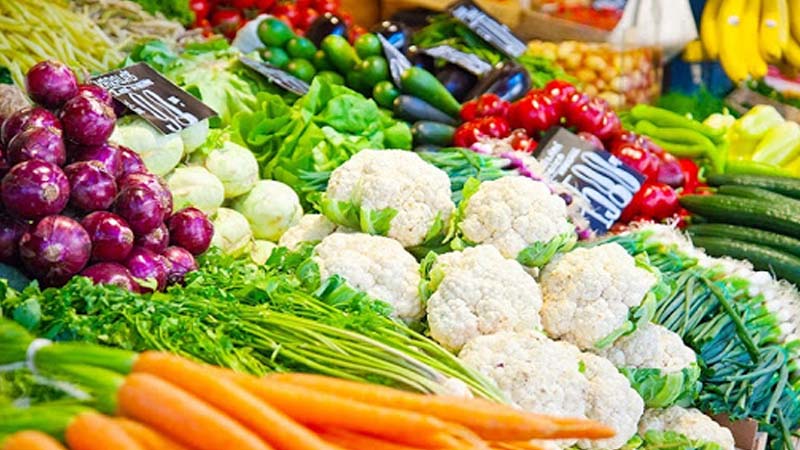A 10-year tax break has been offered for three- and four-wheeler makers in the next fiscal year subject to complying with certain conditions, such as 20%-40% value addition and local employment, to promote the "Made in Bangladesh" brand.
Manufacturers of certain home and kitchen appliances as well as light engineering products will also enjoy the tax holiday facility under similar conditions.
Companies engaged in manufacturing four-wheelers need to fulfil one more condition – at least Tk100 crore in investment– to avail the tax exemption benefit.
Besides, air conditioners, refrigerators and home appliances and four-wheelers will also enjoy VAT exemption at the manufacturing stage. Imports of raw materials meant for producing such products will be relieved from any advance tax as well.
In his budget speech on Thursday, Finance Minister AHM Mustafa Kamal said the government is committed to promoting the "Made in Bangladesh" brand to speed up the establishment of mega industries and production of import-substitute industrial goods in Bangladesh.
Experts see the announcement of the tax holiday as an initiative towards overcoming dependence on imports and helping local products get an entry into global markets.
As they see it, the move will also play a big part in enhancing both investment and employment in the country.
Rizwan Rahman, president of the Dhaka Chamber of Commerce and Industry, said such a move to incentivise the sectors will definitely make Bangladesh a self-sufficient country in the very near future.
To keep the existing momentum of the growth of local industries, the finance minister also recommended in his budget speech that VAT exemption facilities be extended for manufacturers of LPG cylinders by another year, and for refrigerators, freezers and their compressors by one more year, polypropylene staple fibre by two more years, air conditioners and their compressors by three more years, and motor cars and motor vehicles by five more years.
In the hope of spurring the growth of local household products, the finance minister proposed tax exemptions in the manufacture of blenders, juicers, mixers, grinders, electric kettles, rice cookers, multi cookers, pressure cookers, washing machines, microwave ovens and electric ovens and puffed rice.
Advance tax on certain raw materials of iron products, scrap vessels and ethylene glycol, terephthalic acid, ethylene/propylene, which are used in the manufacture of PVC and PET resin, will be withdrawn as well.
The existing VAT exemption facility on the manufacturing and assembling of mobile phones will continue for two more years in order to develop local mobile handset industries and Information Technology (IT) sectors.
The VAT exemption will also be applicable to the local manufacture of printers, toner cartridges, inkjet cartridges, parts of computer printers, computers, laptops, AIO, desktops, notebooks, notepads, tabs, keyboards, mouse, barcode/QR scanners, RAM, PCBA/motherboards, power banks, routers, network switches, network devices/hubs, speakers, sound systems, ear phones, headphones, SSD/portable SSD, hard disk drives, pen drives, micro SD cards, flash memory cards, CCTV, monitors (not exceeding 22"), projectors, printed circuit boards, e-writing pads, USB cables, data cables, digital watches, loaded PCBs.
To modernise the agricultural sector and reduce production and marketing costs of agricultural machinery, VAT will be exempted at the manufacturing and trading stages of weeders and winnowers. The advance tax will also be exempted from thresher machines, power reapers, power tillers, operated seeders, combined harvesters, rotary tillers, weeders and winnowers.
The finance minister also rolled out a proposal to make necessary amendments to rules and reduce VAT on paper cone manufacturing to 5% from the existing 15% for making provisions of exemption easier in the manufacture of capital machinery by the light engineering sector.
Entrepreneurs said the sector witnessed a massive growth after the introduction of VAT and tax waiver for electronic goods in 2010. It has generated direct and indirect employment of more than 5 lakh people, alongside reducing the prices of commodities.
Over time, locally-manufactured goods have taken up 90% of the total market. Apart from local brands, foreign brands such as Samsung, LG and Butterfly, have set up factories in the country.
Golam Murshed, managing director of Walton, said Bangladesh has become solely dependent on the RMG sector and it is necessary to come out of such dependence.
"The electric and electronics sector will emerge as an alternative because of this facility," Murshed added. "If the facility continues, the sector can grow four to five














